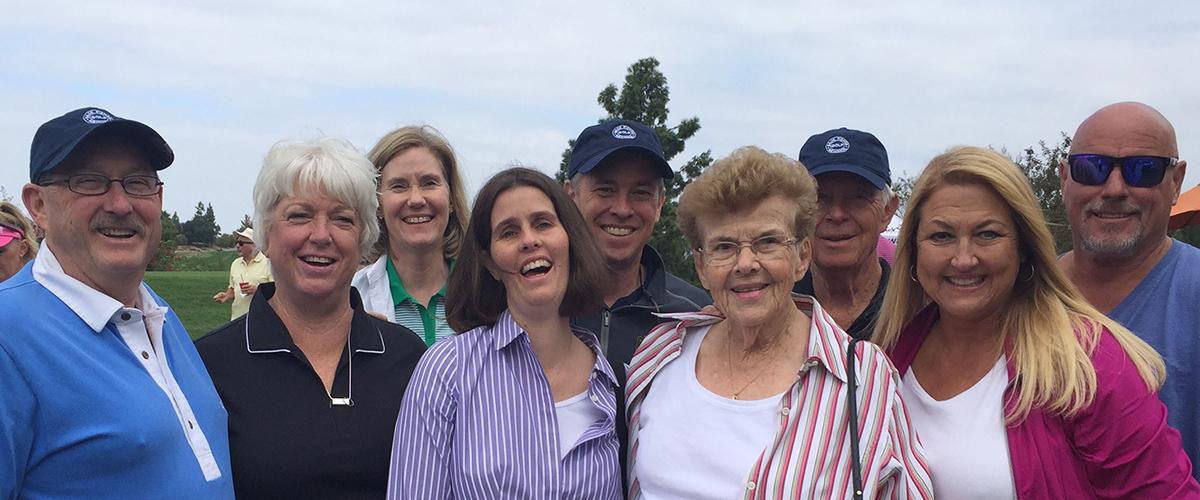SAN FRANCISCO, CA (September 25, 2018): MDF is pleased to announce the publication of the first-ever Consensus-based Care Recommendations for Adults with Myotonic Dystrophy Type 1. The Quick Reference Guide to the full Consensus-based Care Recommendations was published in Neurology Clinical Practice online September 13. The article will be published in the NCP print version in October. MDF is working internationally to help ensure that the care recommendations are disseminated and adopted broadly.
Currently no evidence-based guideline exists to establish a standard of care for myotonic dystrophy, and a comprehensive care guideline will not be available until a number of studies are conducted to establish the rigorous evidence needed to create one. As a result, patients report difficulty accessing quality care and informed clinicians. Sixty-six clinicians highly experienced in the care of people living with myotonic dystrophy type 1 worked collaboratively for over a year to develop consensus regarding care strategies for over 20 different body systems. The resulting clinical care recommendations are intended to help standardize and elevate care for people living with myotonic dystrophy, improving quality of life for affected families and reducing variability in clinical trial and study environments.
Consensus-based Care Recommendations for Adults with Myotonic Dystrophy Type 1 Resources:
- Publication - Consensus-based Care Recommendations for Adults with Myotonic Dystrophy Type 1
- Full Document - Consensus-based Care Recommendations for Adults with Myotonic Dystrophy Type 1
- Quick Reference Guide - Consensus-based Care Recommendations for Adults with Myotonic Dystrophy Type 1
Update: DM1 Care Recommendations are now available in German, Italian, French, French-Canadian, Spanish, Swedish & Georgian! Download the recommendations here.
About Myotonic Dystrophy
Described as “the most variable of all diseases found in medicine”, myotonic dystrophy (DM) is an inherited disorder that can appear at any age and that manifests differently in each individual. The most common form of adult-onset muscular dystrophy, DM may affect as many as 1:2,550 people worldwide, and can cause muscle weakness, atrophy and myotonia, as well as problems in the heart, brain, GI tract, endocrine, skeletal and respiratory systems. There is currently no treatment or cure for DM.
About MDF
MDF is the world’s largest DM patient organization. Its mission is My Cause. My Cure: is to enhance the lives of people living with myotonic dystrophy, and advance research efforts focused on finding treatment and a cure for this disorder through education, advocacy and outreach.
For additional clinical resources offered by MDF, click here.

